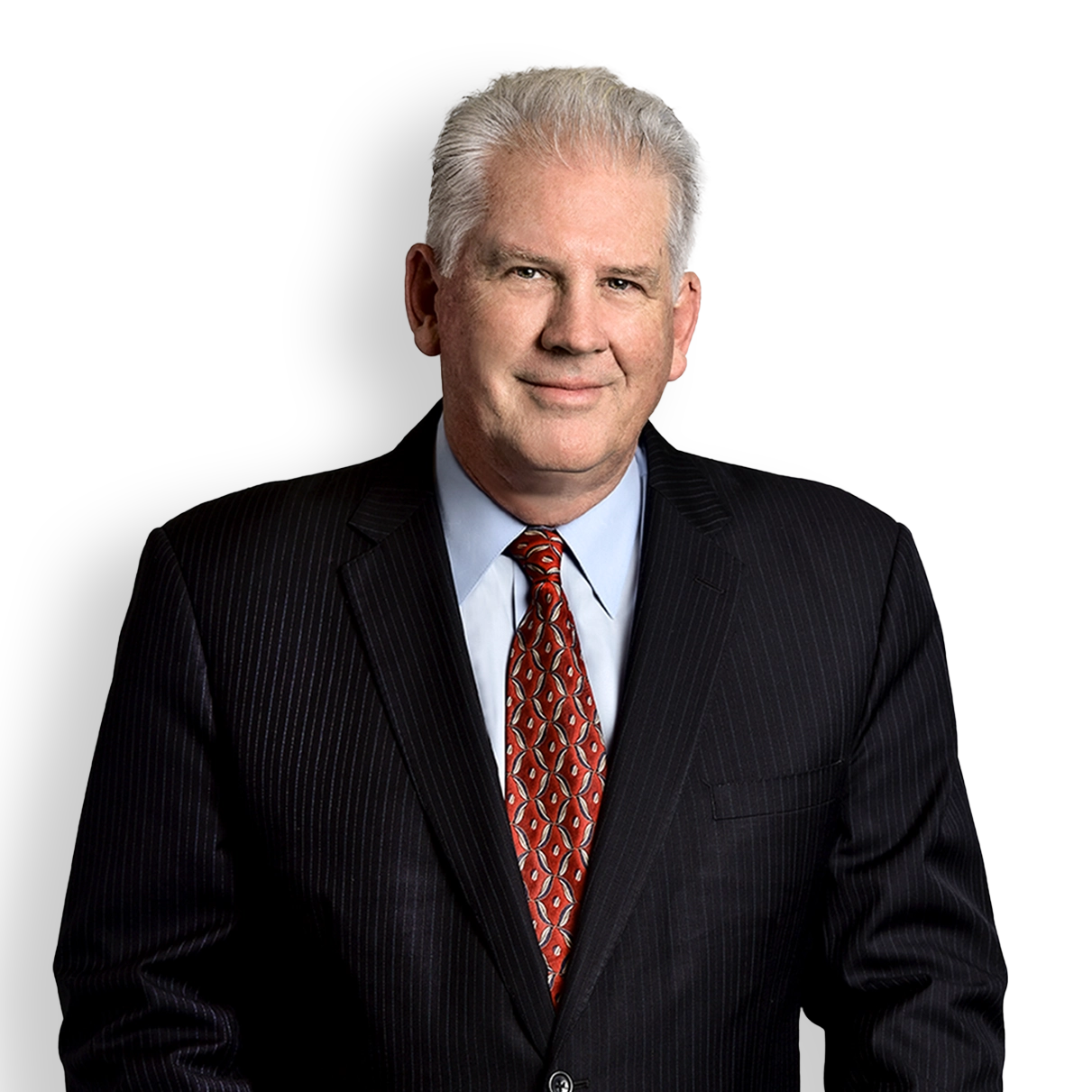HLB Helps California Association of Health Facilities Weather COVID’s Legal Compliance and Operational Challenges

As General Counsel for CAHF, Mark Reagan Addressed the Pandemic’s Increased Medicaid/Medi-Cal Costs and the Critical Role of Long-Term Care Providers
The Client’s Issues and Risks
When COVID-19 spread to the U.S. and California, the anticipated cost to combat the emergency and provide treatment and prevention became an immediate concern for CAHF, state Medicaid officials, and Medi-Cal. It also became apparent that the post-acute and long-term care industry would be a crucial part of the pandemic response, along with various legal, regulatory, fiscal, and operational burdens.
Although the federal government established the CARES Act/Provider Relief Fund to sustain California long-term care facilities over the pandemic, facilities struggled to understand the program’s requirements, including compliance with governmental audits.
The HLB Difference
As general counsel for the California Association of Health Facilities, HLB’s Mark Reagan quickly stepped in to offer much-needed direction and advice. Understanding the massive challenges the pandemic would impose on CAHF members and other providers, he embarked on a series of critical actions and creative responses, including:
- Assisting CAHF in formulating a plan to engage various agencies, departments, and the California Governor’s Office to prioritize long-term care providers as an essential safety need.
- Collaborating with CAHF leadership to develop, negotiate, and secure federal approval for a Medicaid reimbursement strategy.
- Negotiating various regulatory releases with the California Department of Public Health and participating in countless calls with the Governor’s Office and the Health and Human Services Agency regarding pandemic policy development.
- Strongly advocating for legislation supporting skilled nursing and other long-term care providers serving Medicaid patients.
- Spearheading CAHF’s analysis of specific CARES Act/Provider Relief Fund documentation requirements.
The Result and Its Implications
Along with Senior CAHF staff, Mark played an integral role in the design and adoption of the federally approved Medicaid reimbursement strategy that produced a 10% increase for Medi-Cal rates to cover facilities’ heightened COVID-19 costs, retroactive to March 1, 2020. Assembly Bill 81 (signed into law on June 29, 2020) and extended by the 2021-22 and 2022-23 California Budget Acts) has generated (and will generate) more than $2 billion in pandemic-related relief for skilled nursing and long-term care providers treating Medicaid patients. These lifelines have kept these facilities financially viable throughout the COVID crisis.
Additionally, Mark designed multiple educational programs to help CAHF members, the American Health Care Association, and other trade associations and their constituents secure more than $500 million in federal CARES Act/Provider Relief Fund aid to California long-term care facilities over the course of the pandemic. More recently, Mark has been working with clients undergoing audits and other oversight related to the CARES Act/Provider Relief Fund.
